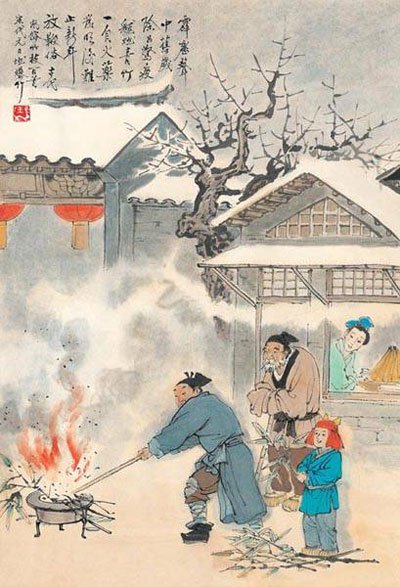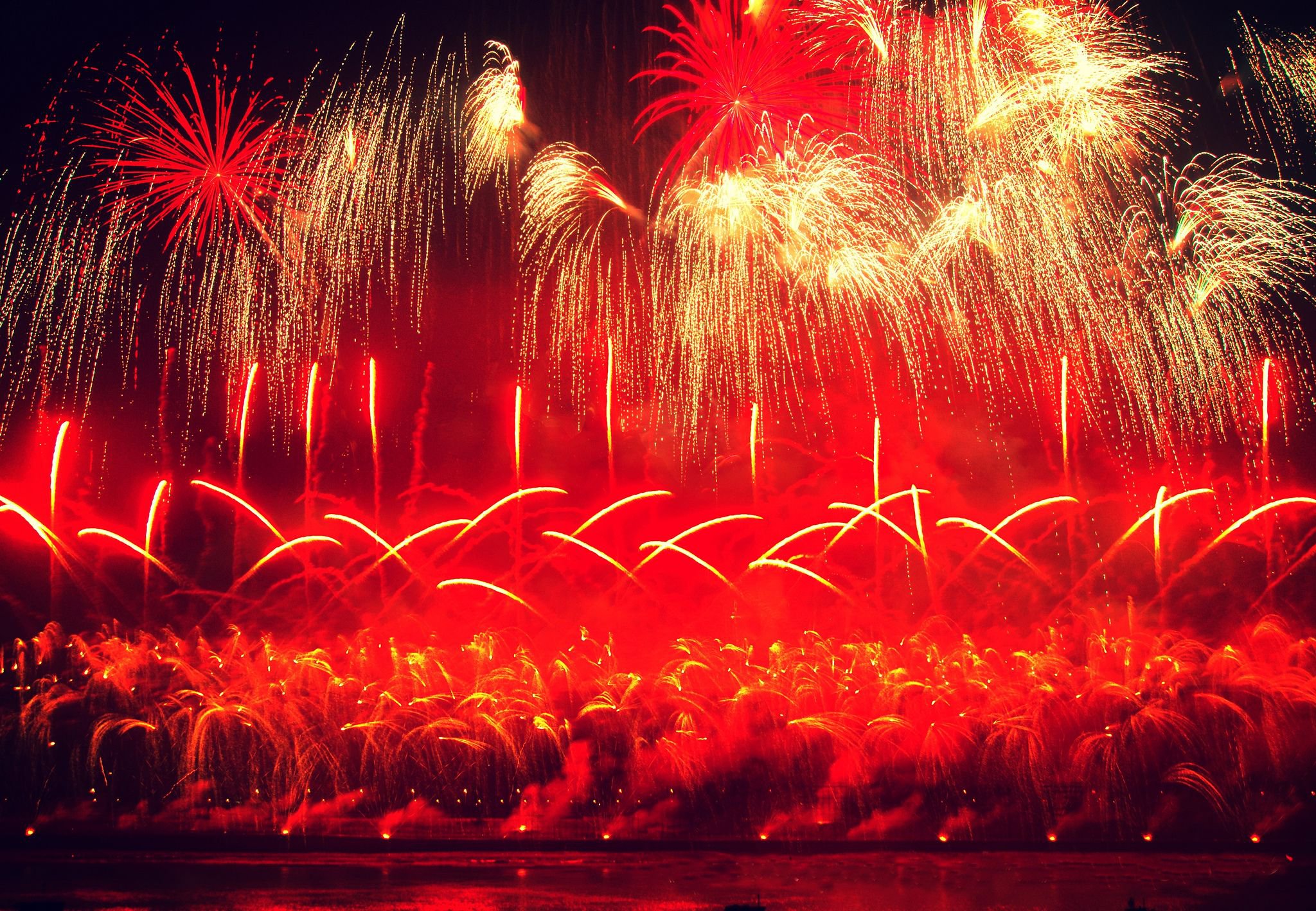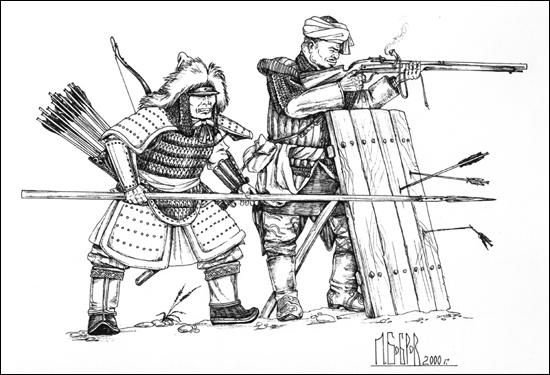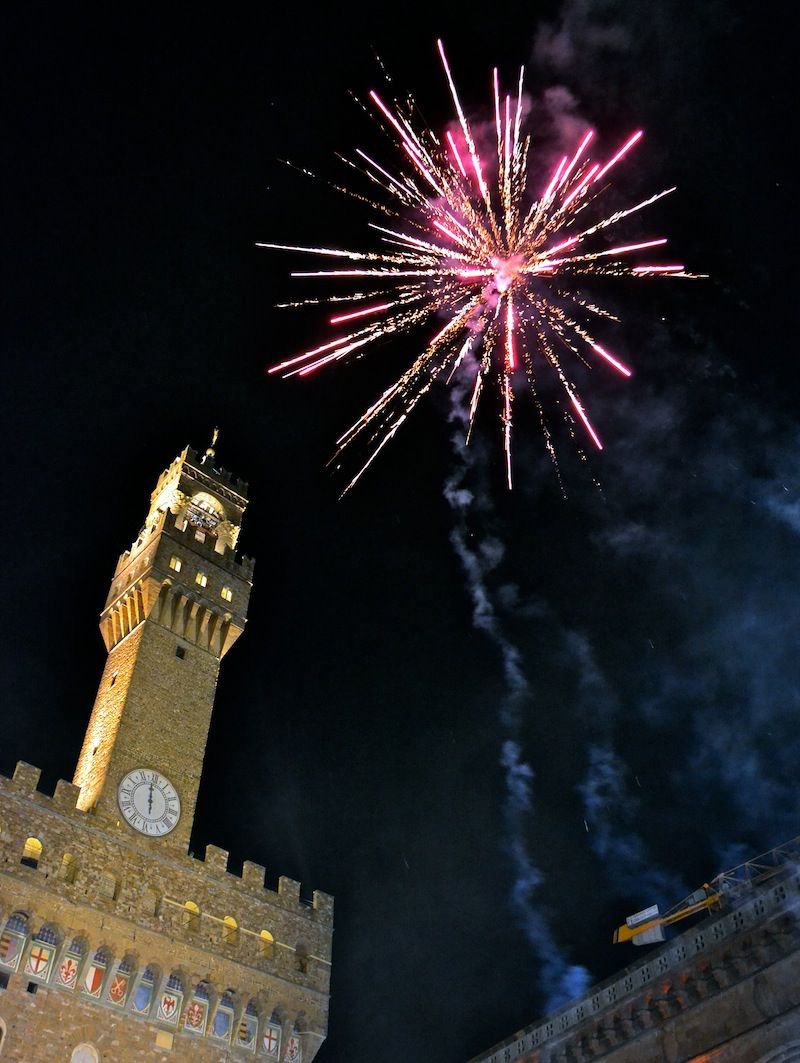The history of firecrackers is one of great fascination. To begin with, we know it the first natural firecrackers started in China around the 1st or 2nd century BC with exploding bamboos. But there are multiple sources telling different stories about how it actually started.

Some believe that it might have been a lazy Chinese cook who accidentally spilled saltpepper into the fire and discovered that it gave out colourful flames.
According to American Pyro, however, it was a legendary Chinese chemist who mixed saltpepper (potassium nitrate) with sulfur and charcoal, creating gunpowder, thus laying the foundation for fireworks.

Now that they had gunpowder, they would pour it in hollow bamboo sticks and throw them into fire. Bamboo being hollow inside would create hot air pockets which would explode, giving out bright white sparks, giving birth to the first man-made fireworks.
The timelines for these things tend to vary a lot. So let’s just say, it was some time around 500-1,000 A.D.

In the beginning the Chinese of the lore used these firecrackers as part of New Year’s festivities to drive away evil spirits. Over the next few centuries the process of creating firecrackers became more common, leading to innovations and a decline in the price.
This meant that fireworks started getting incorporated in weddings, military processions and birthdays even. Soon enough, pyro-techniques became a proper specialist profession in China.

Fireworks came to Europe between 13t-15th century and have since become a part of festivities. Despite India being geographically close to China, this was also the same time that Indians became aware of fireworks.
For much of their history, these firecrackers used the same native elements that the Chinese first invented them with. Until we got to the Italian Renaissance, where they tried using different metals causing them to burn at different wavelengths, giving out multiple colours. .

And now, people burst them at every possible occasion they can, probably way more than they should.

















